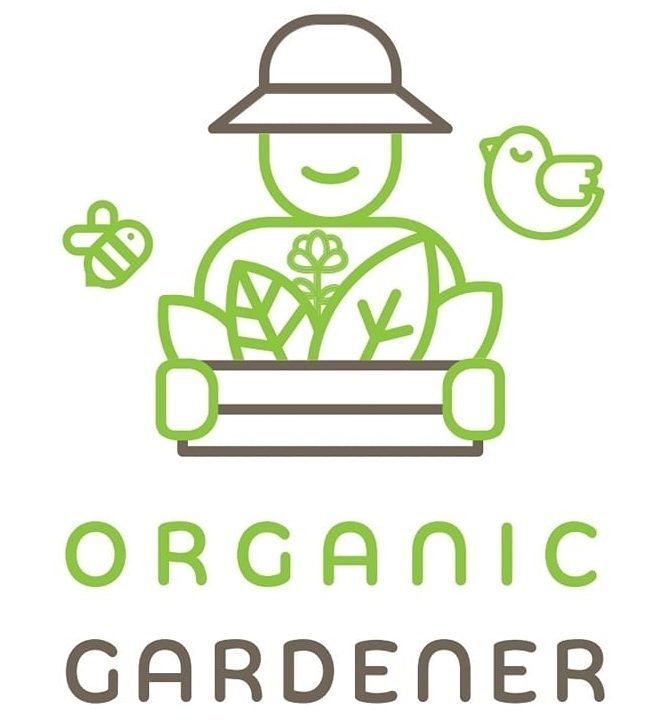What is Organic Gardening?
Organic gardening is a method of growing plants, fruits, and vegetables without the use of chemical fertilizers, pesticides, herbicides, or genetically modified organisms (GMOs). The primary goal of organic gardening is to work in harmony with nature, promoting soil health, biodiversity, and sustainable agricultural practices. Plants and animals depend on each other for survival in a garden. The variety of life in all its forms is called biodiversity. It includes the number of species, their genetic variation and the interaction of these life forms within complex ecosystems.
Gardens with attention to nature are extremely important for biodiversity. The interaction between plants, animals, people, climate, and environment makes nature an incredibly fascinating and complex tangle and is called ecology. The more you learn to work with nature, even in the smallest garden, the more you will enjoy its magnificence.
6 Principles of Organic Gardening.
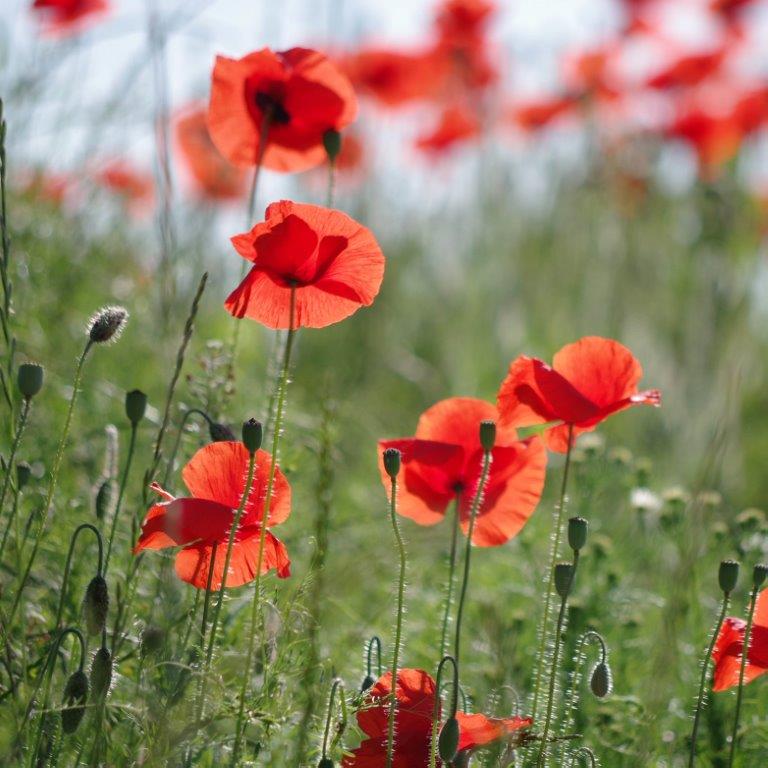
1. Work with Nature
Gardening with nature instead of against it, is what defines organic gardening. The original idea of setting up Organic Gardener as a company was inspired by the ways of the original cottage gardeners. The main objective of having a cottage garden was to be useful to the residents. A cottage garden provided food, herbs for both adding flavour to dishes and medicinal purposes. Animals provided manure and food.
A cottage garden should be able to take care of itself, so the aim is to take nature and all living creatures into account in your garden. Pesticides or chemical fertilisers disrupt this natural system. Focus on preventing diseases and pests through adding keeping a natural balance in your garden.
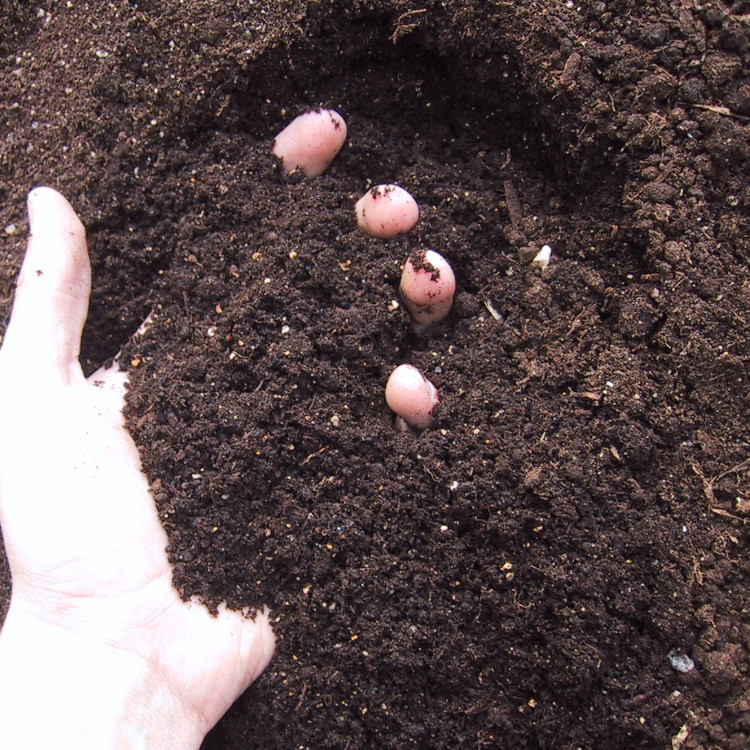
2. Take Care of Your Soil
Organic gardening starts with healthy soil. So nurturing soil life is essential. Soil consists of complex living micro organisms. All fungi, bacteria, unicellular organisms and other critters maintain a balance in which plants can thrive optimally. Mulching, sowing green manure, adding compost, animal manure or other organic matter helps keeping your soil healthy.
There are millions of micro creatures in your soil that have their own task in breaking down organic material in the soil. And this decomposition constantly releases food for plants. Also, many plant roots cooperate with fungi and bacteria in the soil. The root capacity becomes much greater because of this cooperation. As a result, plants can withstand drought much better.
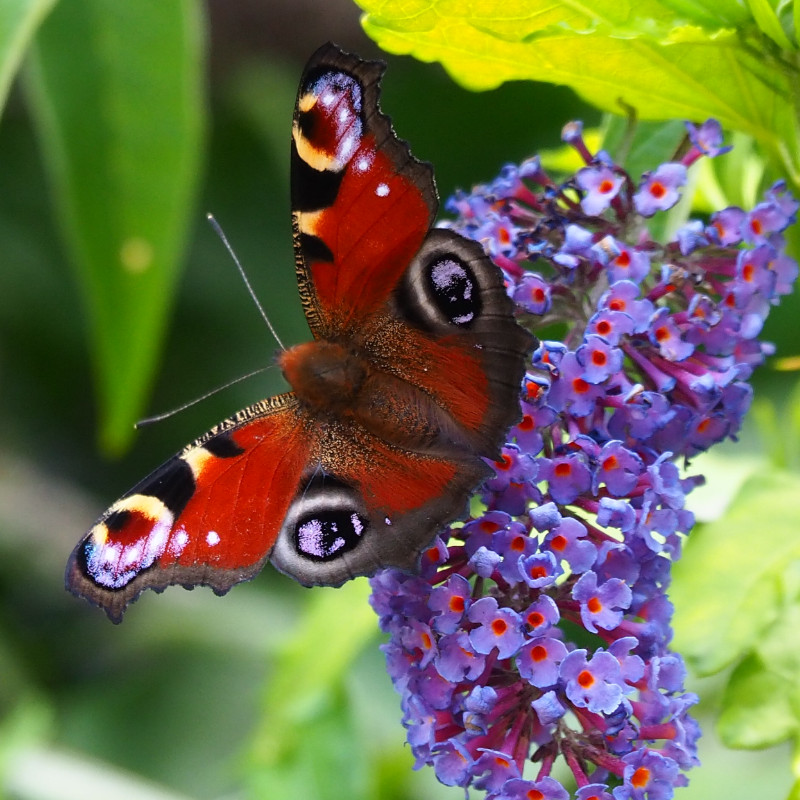
3. Create Biodiversity
You never garden alone. Birds gather their food, take shelter or feel at home and may start a family in your garden. Insects can be temporary guests but can also settle there permanently. It all depends on how you design your garden.
Generally, a garden with plenty variety of plants, flowers and little tiling would be the best choice for creating more biodiversity, whether you have a small or big garden. Different plants will attract different insects and animals.
Ecological attention for your garden enables the immediate connection with nature and you will be amazed how many wildlife you will attract by adding a variety of plants to your outdoor space.
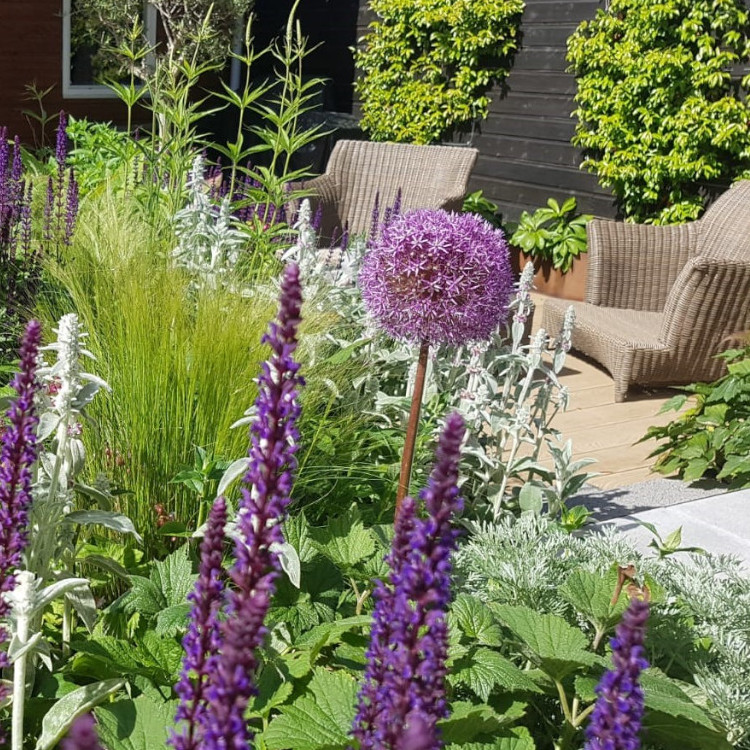
4. Planting Adapted to Your Garden
Create plantings adapted to your garden and your garden will take care of itself. This simplifies management and makes your garden attractive to all kinds of wildlife. Aspect and soil type are important features to take into account when choosing your plants and borders. This will make it much easier to keep your plants thriving.
Drought resistant plants for example will save you from watering them too much in a south-facing, sunny garden for example. Collect rainwater to use for watering your plants in summer or create a pond and attract wildlife at the same time. If your soil is often wet, choose plants that will tolerate wet soil and they will thrive easily.
Choose plants over tiles, as tiles will make your garden even warmer during hot days and will prevent rainwater from draining. Prairie planting is relatively maintenance-free and will provide you with lovely flower borders.
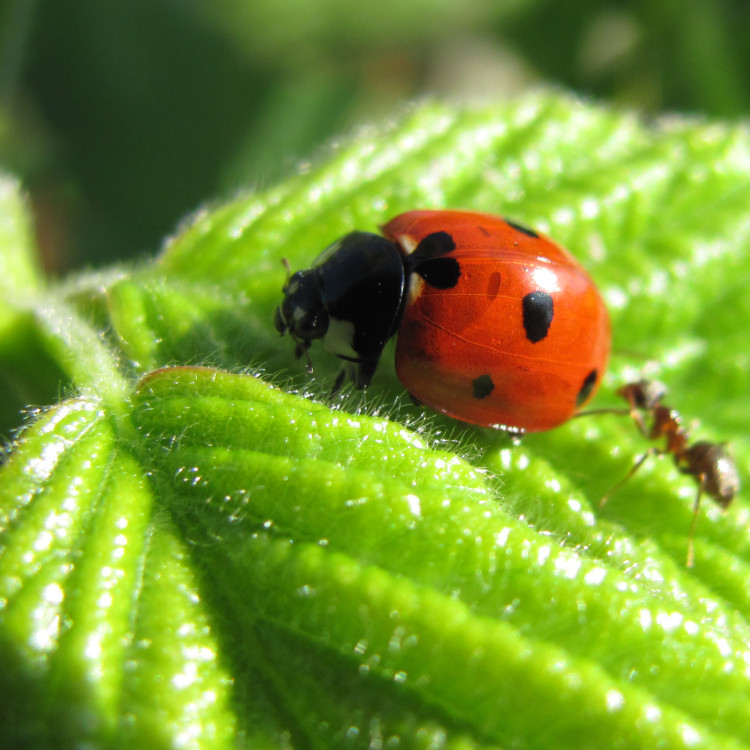
5. Control Pests Naturally
Insects have a very important function in nature, but in large numbers they can cause problems in your garden as well. Pest control is necessary to prevent the infestation of lawns, plants and crops. So how does natural pest control work?
As mentioned earlier, soil life is the foundation of a healthy garden. This way you keep your plants thriving, as pests will generally be attracted to weak plants. Companion planting and crop rotation are effective ways to reduce pesticides in your soil and plants. Making your own natural fertilizer from nettles or comfrey is also a great way to keep your plants strong and healthy.
Attracting beneficial insects and animals will help reduce pesticides as they are natural enemies of harmful insect species.
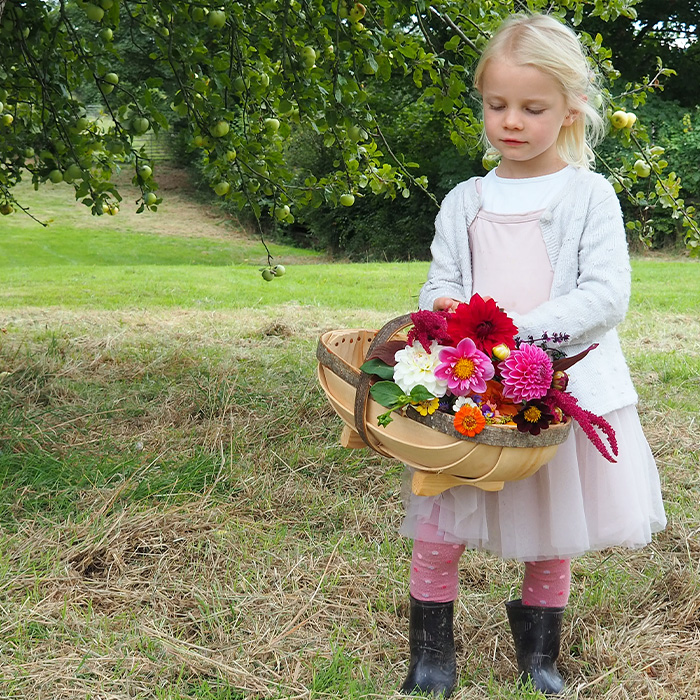
6. Organically Grown Plants
A healthy lifestyle starts with making conscious choices. Every choice has an impact on nature anyhow. However if you are aware of the impact your purchase will have on nature, it will make it easier to choose the right products. Sustainable products are basically products that are organically grown, locally produced, handmade, and made of natural or recycled materials.
Organic and unprocessed food are obviously healthiest for your body. Hence, we promote natural cooking as part of organic gardening. The same applies for plants: The cheaper the plant, the more likely they have been sprayed with chemical pesticides and herbicides for quick and cheap cultivation. Plants that contain lots of toxins harm wildlife. So check if the plants you buy are grown eco-friendly or organically, and wildlife will be very grateful to you.
5 Other Types of Organic Gardening.
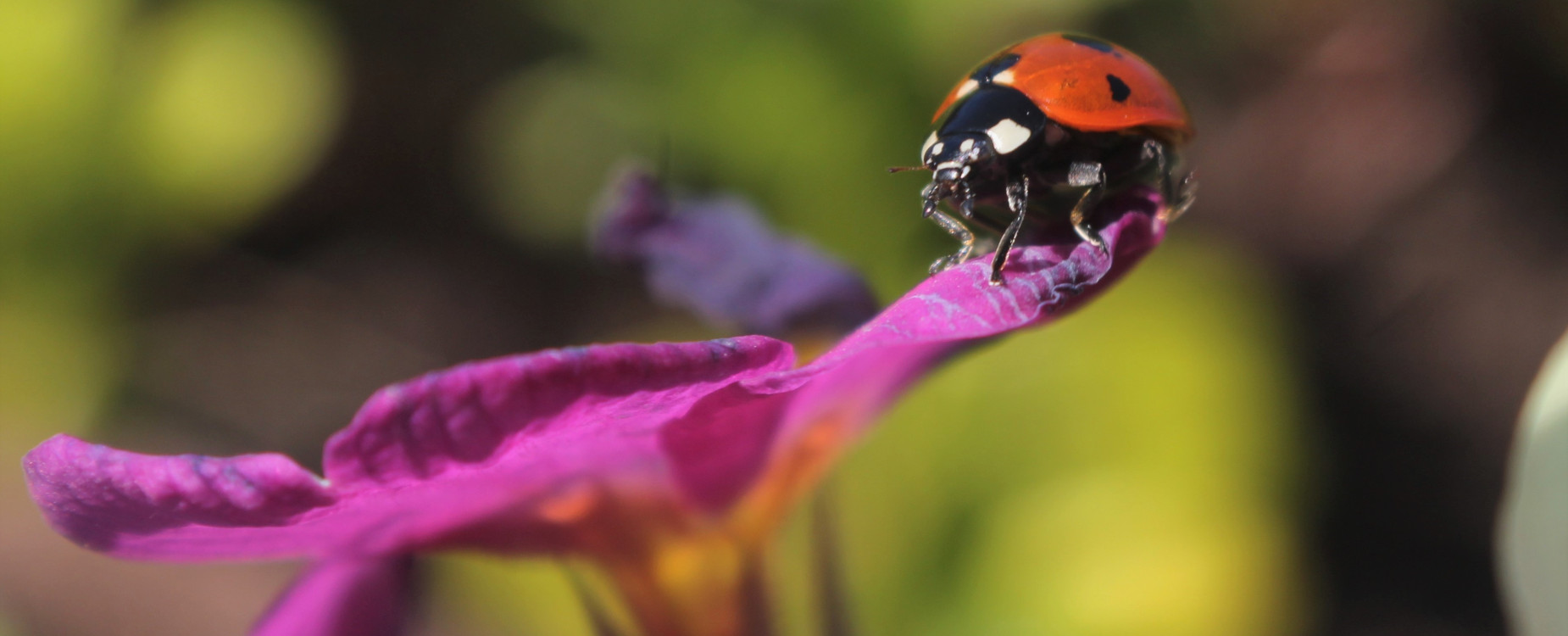
1. Ecological Gardening
Those who garden ecologically desire to minimise their impact on the environment and respect the connection between everything that lives. Ecology is all about finding the right balance between humans and their environment. ‘Organic’ and ‘ecological’ are often used interchangeably. Yet ‘ecological’ goes a step further than ‘organic’. An example: in an organic garden, giving animal manure (as long as it does not come from the bio-industry) is not a problem. But in an ecological garden, you prefer to use compost from your own compost heap.
2. Biodynamic Agriculture
In biodynamic agriculture and horticulture, higher requirements are imposed on, for instance, the manure used and the handling of animals. The movement has its roots in anthroposophy and is based on the ideas of Rudolf Steiner (1861-1925). You could call his vision holistic: farmers, growers and gardeners engage in an interplay with the processes in nature. They work with the rythm of the seasons, the weather, growth and flowering of plants, birth, growth and death of animals, processes in the soil and the moon.
3. Sustainable gardening
Literally, ‘sustainable’ means something that lasts for a long time, but when used in relation to the environment, the term has an additional connotation. A sustainable garden causes no pollution, no depletion of soil, no resource depletion and does not disturb the ecology. As many materials as possible are reused. If this is not possible, materials are chosen that have the least possible impact on the environment.
4. Natural Gardening
Natural material, natural fertilisers, a natural shape. The word ‘natural’ is often mentioned when talking about gardens. Natural material and natural fertilisers originate from living organisms and are also broken down by them. By a natural form means that the lines are not straight or rectangular.
5. Permaculture
Permaculture is a method of designing sustainable systems. It is applicable to all kinds of areas. Someone who gardens according to permaculture principles will create an edible garden in tune with nature. Key concepts in permaculture are biodiversity, healthy soil, low maintenance, little or no watering and using plants that feed and enhance each other.
Conclusion
The ideal garden is one teeming with life. With a wealth of plant species, flowers from early spring to late autumn, pollinating insects, soil fauna, fungi and micro-organisms. Such a garden contributes to biodiversity. Biodiversity is an umbrella term for all the plant and animal species we have on earth, but in practice it means something more. All those different species do not stand alone, they are part of a system: you cannot simply remove a link without damaging the whole. Whichever way of organic gardening you will choose, they will contribute to more biodiversity in their own way. Just choose which approach suits you best and enjoy this exciting way of gardening with nature!
Let's Start off with Organic Gardening!
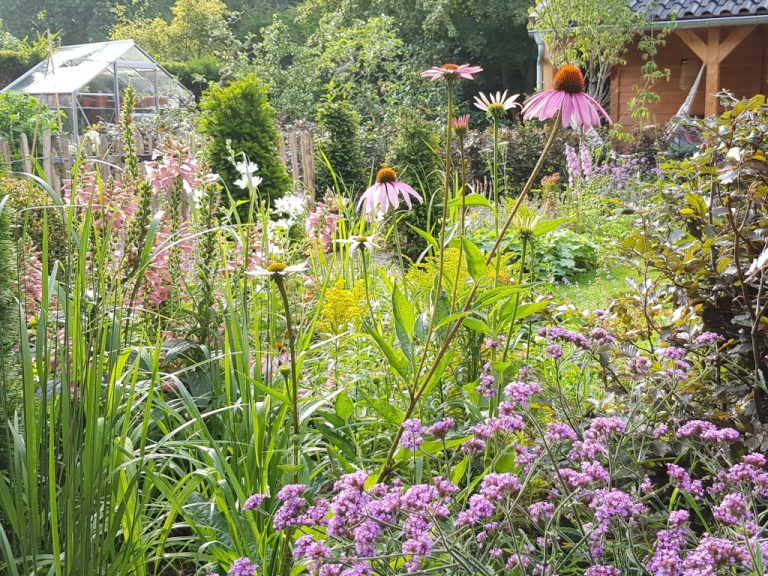
Looking to Transition Your Garden to an Organic Garden? Here are 5 Steps to Help get you Started
Gardening organically has numerous benefits for nature. While it takes some patience and work to get started, there are plenty of resources available to make the process easier.
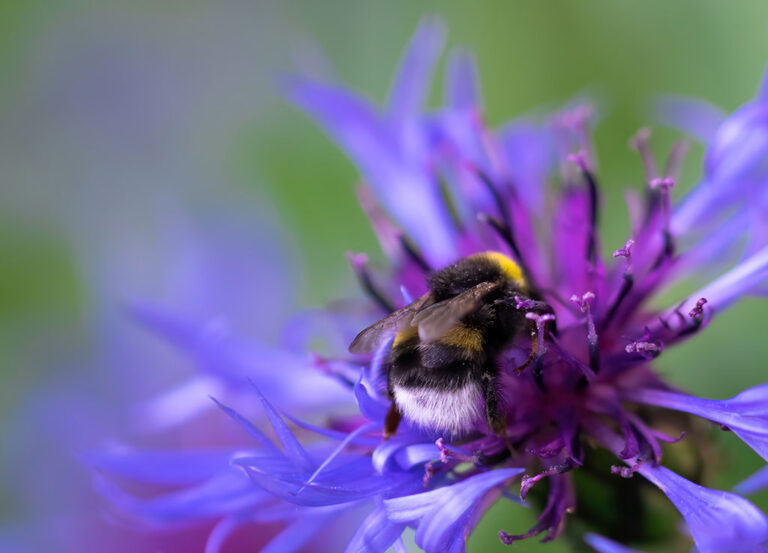
The Pollination Crisis: Why are our Bees Disappearing?
Bees are important, not just because they make honey, but because they pollinate crops. About one-third of the world’s food supply depends on bee pollination. So what’s causing the decline of bees?
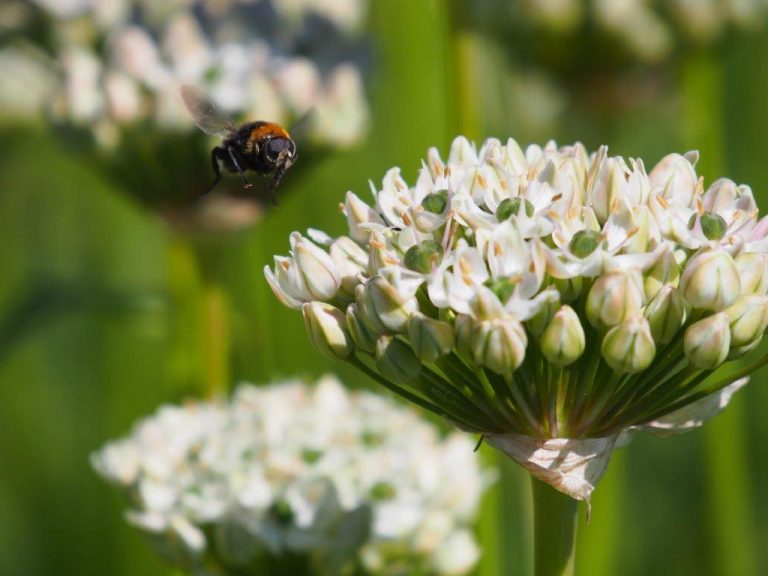
Why Choose for Organic Flower Bulbs and Plants?
Why choose organic flower bulbs? In conventional flower bulb cultivation, lots of chemical agents
